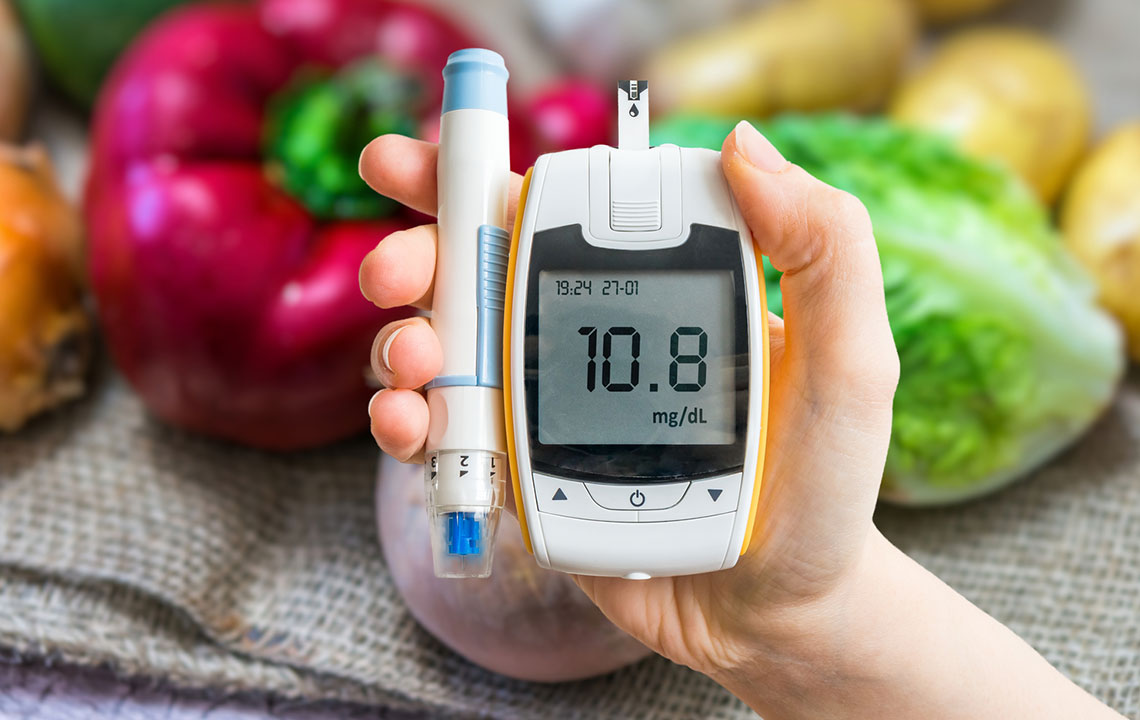Comprehensive Guide to Managing Type 2 Diabetes with Dietary Strategies
Discover effective dietary strategies for managing and potentially reversing Type 2 diabetes. This comprehensive guide explains causes, lifestyle factors, and personalized nutrition recommendations to improve blood sugar control. Learn how proper diet, weight management, and lifestyle changes can help prevent complications and promote better health.

Comprehensive Guide to Managing Type 2 Diabetes with Dietary Strategies
Type 2 diabetes mellitus (T2DM) has become one of the most common chronic health conditions worldwide, affecting millions of individuals across different age groups. It develops gradually and is primarily associated with disruptions in insulin production and the body’s ability to regulate blood sugar levels. Unlike Type 1 diabetes, which is an autoimmune condition requiring insulin injections, Type 2 diabetes is largely influenced by lifestyle factors, making diet and behavioral changes pivotal in its management and potential reversal. This comprehensive guide explores effective dietary strategies, understandings of the causes, and practical tips for managing and potentially reversing Type 2 diabetes through informed nutrition choices.
Understanding the Causes of Type 2 Diabetes: To effectively manage diabetes, it is crucial to understand its root causes. Key contributors include impaired insulin secretion by pancreatic beta cells, insulin resistance in liver, muscle, and fat tissues, and dysfunction of liver and pancreas organs. Excessive sugar consumption, especially from processed foods and sugary drinks, overworks insulin-producing cells, leading to their exhaustion over time. Other lifestyle factors such as obesity, sedentary behaviors, smoking, and alcohol consumption significantly stress metabolic pathways, exacerbating the condition. Recognizing these factors helps tailor dietary interventions for better disease control.
The pathogenesis of Type 2 diabetes involves a complex interplay between genetic predisposition and environmental influences. People exposed to high-sugar diets, physical inactivity, and unhealthy habits are more susceptible. Early signs often include fatigue, frequent urination, increased thirst, and unexplained weight changes. Being aware of these symptoms, especially for those with a family history of diabetes, is vital for early intervention and management.
Contributing Lifestyle Factors: Lifestyle choices profoundly impact the development and progression of Type 2 diabetes. Excess intake of refined sugars, sugary beverages, processed snacks, and high-fat foods strain the liver and pancreas. Smoking and excessive alcohol intake intensify these effects by promoting inflammation and liver damage, further impairing blood sugar regulation. Although not everyone with these behaviors develops diabetes, mitigating these habits can significantly reduce risk and improve overall metabolic health.
Dietary Recommendations for Managing Type 2 Diabetes: An effective diet plays a central role in managing and potentially reversing Type 2 diabetes. Tailoring specific nutritional plans based on individual disease severity, activity levels, and health status is vital. Here are key dietary principles:
Avoid all forms of processed sugars: including candy, baked goods, sugary drinks, and desserts. These cause rapid blood glucose spikes and insulin responses.
Limit fruit intake: Choose low-glycemic options like apples, berries, and avocados. Fruits contain natural sugars but should be consumed in moderation.
Prioritize lean proteins and vegetables: Incorporate chicken, turkey, fish, legumes, and a variety of non-starchy vegetables to support satiety and blood sugar stability.
Reduce carbohydrate intake: focus on complex carbohydrates such as whole grains (quinoa, brown rice), and avoid refined grains like white bread and pasta.
Include healthy fats: sources like olive oil, nuts, and seeds can improve insulin sensitivity.
Prevent obesity: maintain healthy weight through balanced calorie intake and regular physical activity. Obesity is a major risk factor for insulin resistance.
Moderate fat consumption: especially during fasting periods, to prevent sugar spikes.
Proper diagnosis, understanding disease severity, and working with healthcare professionals to develop personalized diet plans are fundamental for effective blood sugar control and long-term health benefits.In summary, managing Type 2 diabetes involves a holistic approach that includes dietary modifications, lifestyle changes, and regular monitoring. Early intervention can prevent complications such as cardiovascular disease, kidney issues, and nerve damage. Education about the disease process and proactive habits empower individuals to take charge of their health, leading to improved quality of life and potential reversal of early-stage diabetes. Always consult with healthcare providers before making significant dietary changes, especially if on medication or insulin therapy. With commitment and proper guidance, managing Type 2 diabetes is achievable, paving the way for healthier living and better metabolic health.





